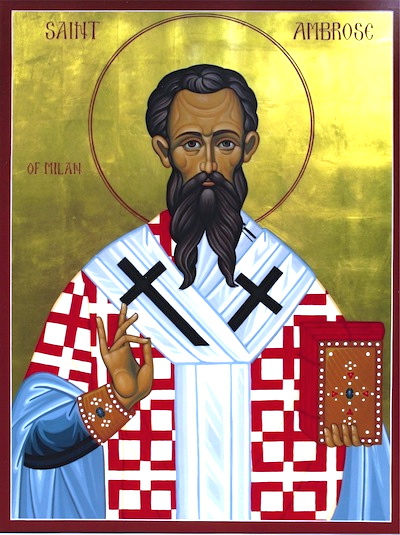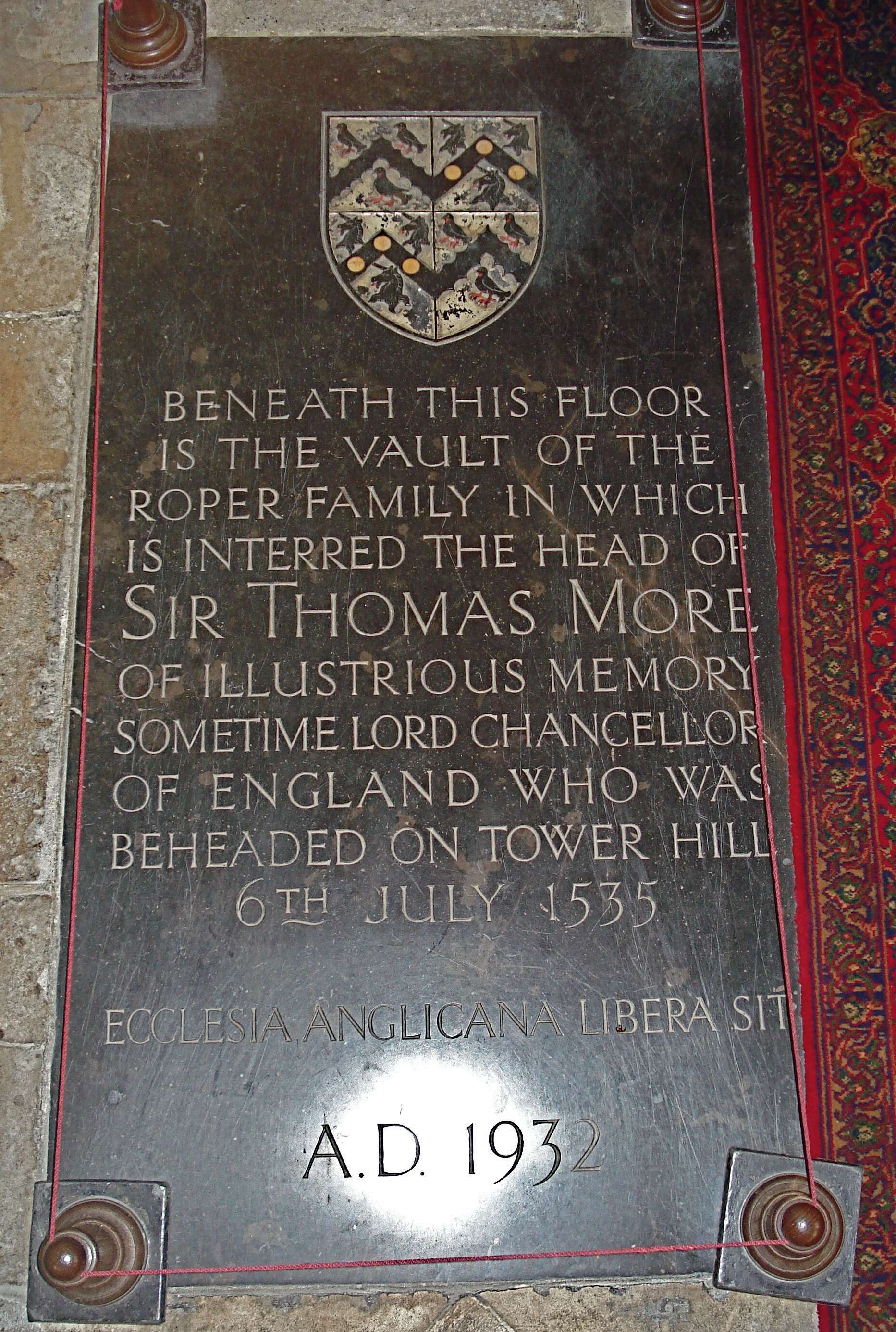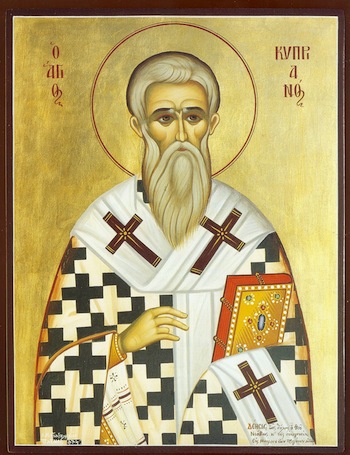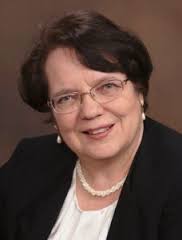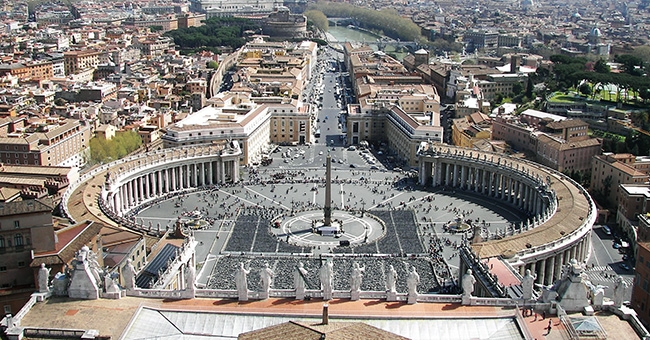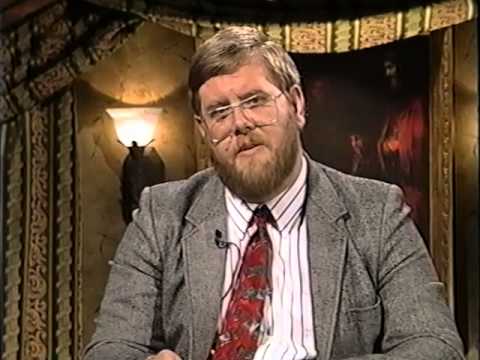“Abandon all hope ye who enter here.” -Dante Alighieri’s inscription on the entrance to Hell, and maybe, just maybe, if “Our Hope is in the Lord, who made Heaven & Earth!” (Ps 124:8), that is EXACTLY what Hell is?
“And now these three remain: faith, hope and love. But the greatest of these is love.” -1 Cor 13:13
I read Viktor Frankl’s “Man’s Search for Meaning” relating his experiences and personal, formative revelations while a prisoner of conscience in Auschwitz while I was in high school. Not because it was assigned, but because I just wanted to. The most astonishing revelation to the reader of this powerful work is Dr. Frankl watching who did and did not survive, among those not killed directly by the Nazis through their various and hideous means.
He concluded that the philosopher Friedrich Nietzsche had it right: “He who has a why to live for can bear with almost any how. ” (Friedrich Nietzsche, quoted in 1963, p. 121) He saw that people who had hopes of being reunited with loved ones, or who had projects they felt a need to complete, had a great talent they still needed to express, or who had great faith, tended to have better chances than those who had lost all hope.
But “…meaning must be found and cannot be given.” (1, p. 112) Meaning is like laughter, he says: You cannot force someone to laugh, you must tell him a joke! The same applies to faith, hope, and love — they cannot be be brought forth by an act of will, our own or someone else’s.
So we attempt to fill our existential vacuums with “stuff” that, because it provides some satisfaction, we hope will provide ultimate satisfaction as well: We might try to fill our lives with pleasure, eating beyond all necessity, having promiscuous sex, living “the high life;” or we might seek power, especially the power represented by monetary success; or we might fill our lives with “busy-ness,” conformity, conventionality; or we might fill the vacuum with anger and hatred and spend our days attempting to destroy what we think is hurting us.
We might also fill our lives with certain neurotic “vicious cycles,” such as obsession with germs and cleanliness, or fear-driven obsession with a phobic object. Or, we self-medicate through alcohol, drugs, etc., just to numb the pain of our emptiness. Perhaps this is Hell as it truly is, without hope, forever, for eternity, outside the dimension of time? The defining quality of these vicious cycles is that, whatever we do, it is never enough. ONLY JESUS satisfies. ONLY JESUS. ONLY JESUS. Thank you, Lord! Thank YOU!!!
Martin Luther, while an Augustinian monk, began to lose hope in penance and good works as having any efficacy for the baptized, literally in God’s great mercy. Rather, he adopted the view, obsessively, that all of mankind were hopeless and wretched sinners before the sight of God, unworthy of salvation – literally, the “steaming pile of dung”, if you are familiar with that phrasing. Covered like snow by Christ’s redemption, hidden from God, having no worthwhile quality unto it’s own self. He carried everything to such an extreme that his superiors were worried about him. He wore out his confessor with marathon sessions of confessing, going over every thought in detail, then starting again from the beginning. His confessor, Father Staupitz, told him: “Look here, if you expect Christ to forgive you, come in with something to forgive- parricide, blasphemy, adultery -instead of all these peccadilloes.” Fr. Staupitz also, further insisted with Martin: “We are commanded to hope!”
Catholicism differs in this perspective holding fast to the ancient understanding that God’s creation is GOOD!!!! Wounded by Original Sin, but, still, inherently GOOD!!! And, God LOVES His Creation, because it is HIS, and He declared/declares it GOOD!! (Gen 1:31) In the present tense, because to the Catholic mind, ALL Creation continues to be held in existence by the mind of God. If God stopped thinking about Creation, it would disappear – poof!!! 🙂
We are commanded to hope by the first part of the Greatest Commandment, namely, “You shall love the Lord, your God, with ALL your heart! ALL your mind! ALL your soul!” You cannot, truly, love the Lord your God with everything you have, and then turn around and say, “There is NO hope!” No. Truly. Our hope is in the Lord, Who made Heaven & Earth!!! Amen. Amen. Counter-pointedly, if there is no God Who loves you, what exactly IS the point of ALL of this? There is none.
“The third, and most important, protective factor conferred by Christian faith is the indispensable theological virtue of hope, bestowed in Baptism and subsequently developed in the life of faith. Christianity offers hope in the midst of difficulties and pain. Through our faith, in hope, we can find redemptive value even in and through suffering. The psychiatrist Aaron Beck…did a long-term prospective study of eight hundred suicidal patients to determine which risk factors were most closely linked to suicide. He studied individuals who had been hospitalized after a suicide attempt or for suicidal thinking.
Beck managed to follow these patients for the next ten years to see who survived and who eventually completed suicide. In trying to find the key differences between the survivors and those who died by suicide, Beck examined the patients’ diagnoses, the number and type of mental and medical symptoms, the degree of physical pain a person was in, social and economic factors, and so on. The results surprised some behavioral scientists.
The one factor most predictive of suicide was not how sick the person was, or how many symptoms he exhibited, or how much pain he was in. The most dangerous factor was a person’s sense of hopelessness. The patients who believed their situation was utterly without hope were the most likely candidates for completing suicide. There is no prescription or medical procedure for instilling hope. This is the domain of the revelation of God’s loving goodness and baptismal efficacy. We can have a natural sort of hope when things clearly appear hopeful. But when our situation appears or feels hopeless, the only hope that can sustain us is supernatural — the theological virtue of hope, which can be infused only by God’s grace.“2
1. Frankl, V. E. (1975). The Unconscious God: Psychotherapy and Theology. New York: Simon and Schuster. (Originally published in 1948 as Der unbewusste Gott. Republished in 1997 as Man’s Search for Ultimate Meaning.)
2. Kheriaty, Aaron; Cihak, Fr. John (2012-10-23). Catholic Guide to Depression (pp. 98-99). Sophia Institute Press. Kindle Edition.
Love, hope, and prayers for you, and those you love. Pray for me, and mine, please. Let us ALL put ALL our hope and trust in the Lord, Who made Heaven & Earth!
Matthew



